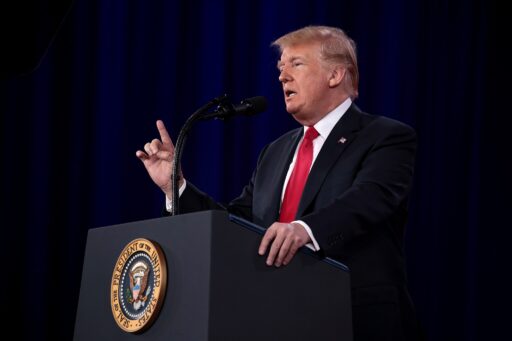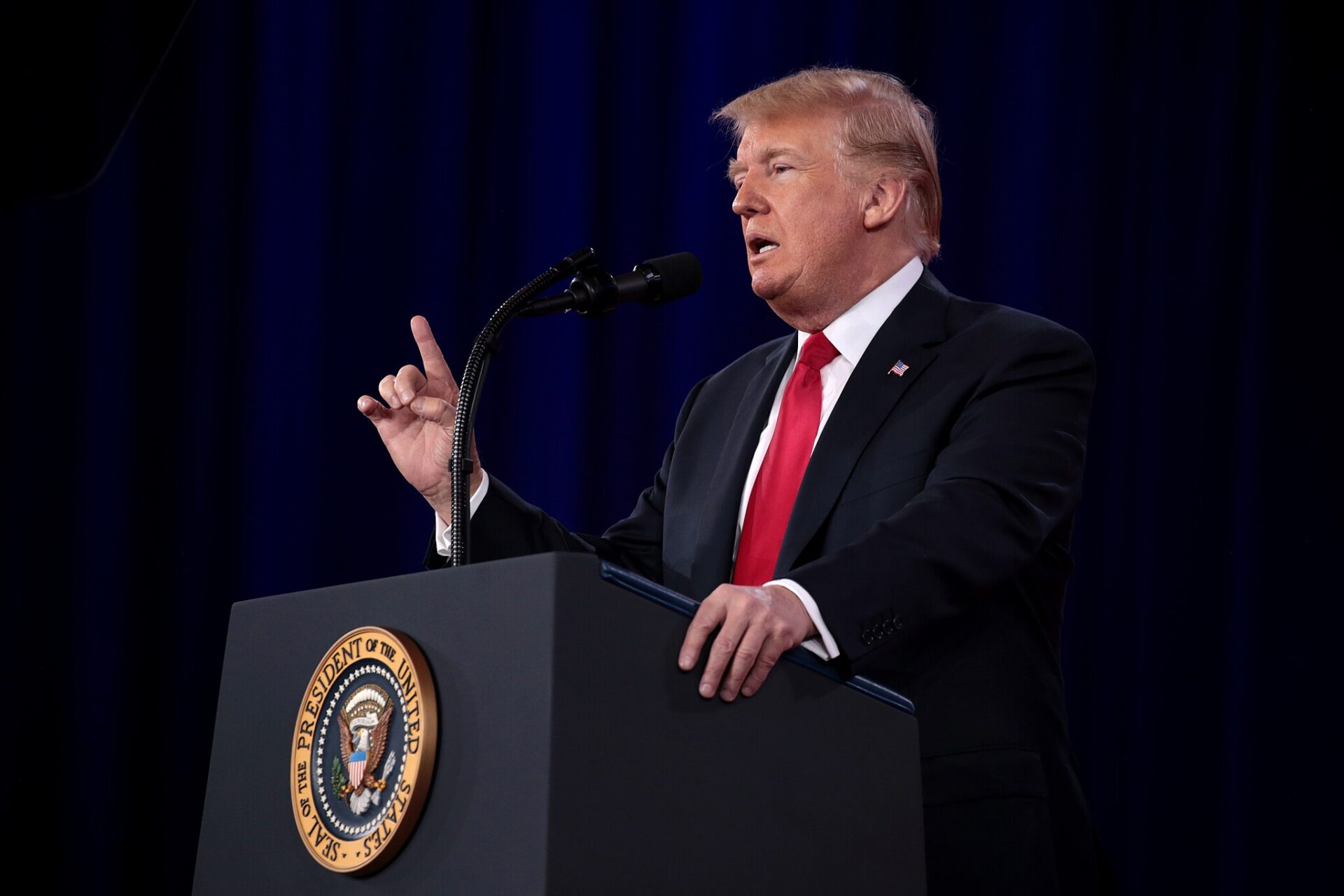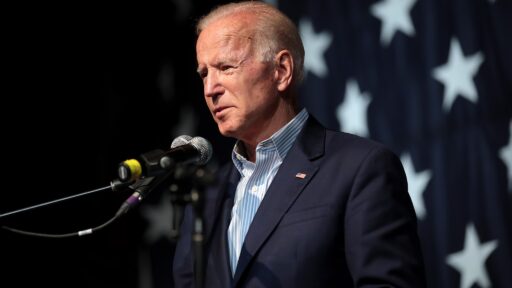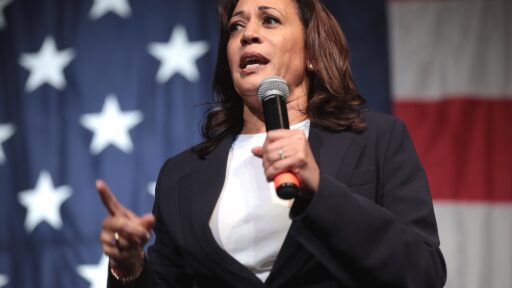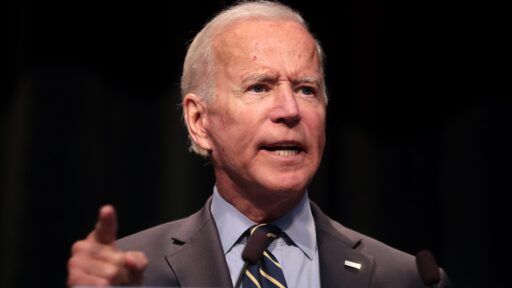Trump Gaining Major Influence On Blue States
Former President Donald Trump’s chief pollster, Tony Fabrizio, addressed the Florida GOP at the Republican National Convention, highlighting several states he sees as potential toss-ups in the upcoming election cycle. Among those states are Minnesota, Virginia, New Jersey, and New Mexico, with Maine also emerging as a possible battleground.
These states have predominantly voted Democratic since 2004, despite brief shifts towards the Republican Party in Virginia and New Mexico during that time. The Cook Political Report has generally categorized them as leaning Democratic, although New Jersey stands out as particularly competitive.
Fabrizio pointed to the potential impact of third-party candidates, including Robert F. Kennedy Jr., on these states’ electoral dynamics. He suggested that such candidates could draw votes away from the Democratic Party, potentially tipping the balance in favor of the Republicans.
The pollster attributed Trump’s current strength to high levels of voter enthusiasm surrounding his candidacy. He contrasted Trump’s image with that of President Joe Biden, describing Biden as “weak, failed, dishonest” — qualities he believes will resonate negatively with voters compared to Trump’s assertiveness and perceived successes.
Despite minimal spending on television advertisements so far, Fabrizio expressed confidence in Trump’s standing in these states and hinted at forthcoming campaign efforts. He emphasized that Trump’s competitive position in recent polls underscores the effectiveness of his campaign strategy.
Recent polling data has shown Trump leading in most of the states mentioned by Fabrizio, with the exception of New Mexico where he remains competitive. The inclusion of third-party candidates like Kennedy has influenced the polling dynamics, often benefiting Republican prospects in multicandidate scenarios.
Nationally, Trump maintains a slight lead over Biden, as indicated by RealClearPolitics’s polling average. This margin underscores the competitive nature of the upcoming election, with the potential for these battleground states to play a pivotal role in determining the outcome.
In conclusion, Fabrizio’s assessment reflects optimism within the Republican Party regarding Trump’s prospects in traditionally Democratic-leaning states. As the campaign intensifies, the focus will likely shift towards leveraging voter enthusiasm and capitalizing on perceived weaknesses in Biden’s candidacy to secure crucial electoral victories in November.


